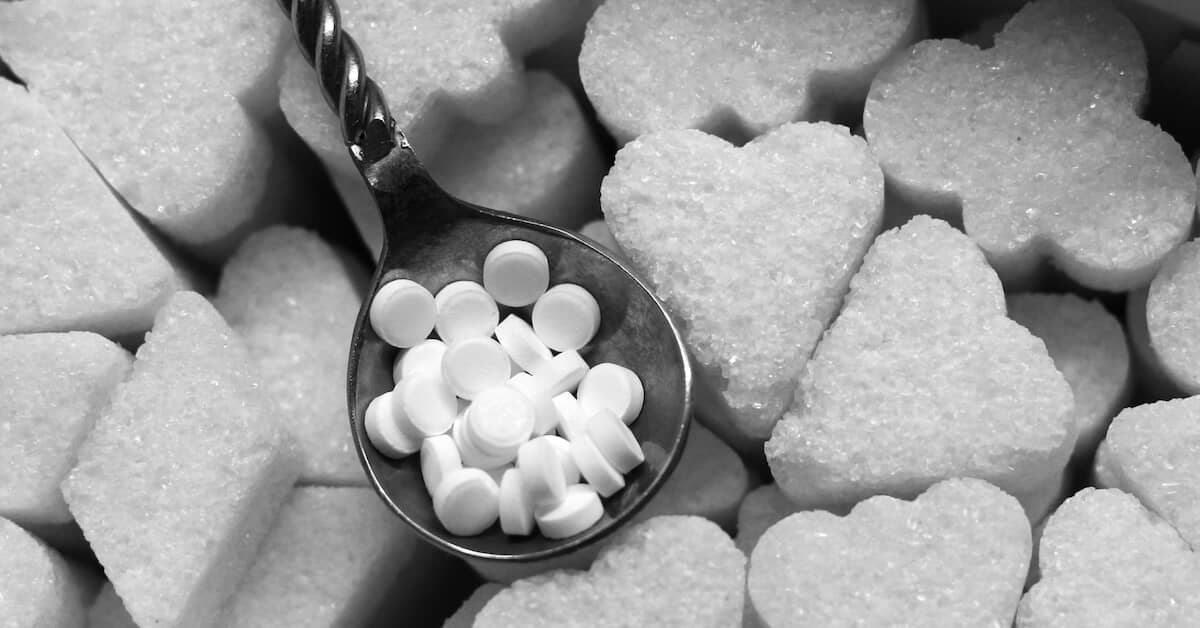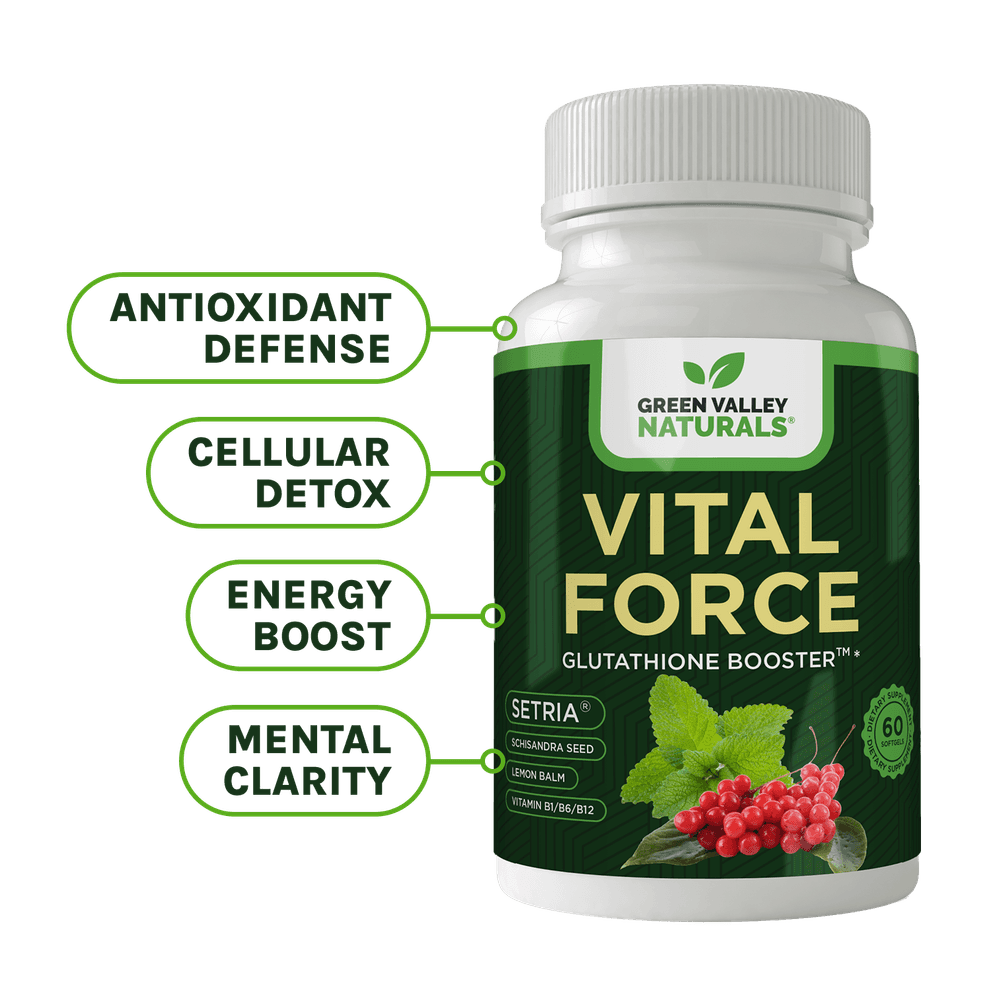
Many folks believe that eating foods containing artificial sweeteners is a healthy choice – helping to keep your weight down and your blood sugar under control. But research into the health effects of these compounds is not so reassuring.
We’ve written many times over the years about the link between artificial sweeteners and cancer. But even if you ignore that science, there’s brand new evidence that artificial sweeteners may not help you lose weight after all and may even cause other health problems.
Here’s what you need to know…
The latest research shows that some artificial sweeteners may interfere with your metabolic health and impair your liver’s ability to remove toxins from the body. These studies are also demonstrating that these chemicals don’t all influence your health in the same way. Some appear to be potentially more harmful than others.
Artificial Sweeteners May Give Your Liver a Hard Time
Researchers at the Medical College of Wisconsin have found that two of the artificial sweeteners available today can disrupt the liver’s use of a protein that plays a key role in liver detoxification and is vital for breaking down and eliminating certain drugs.
“With an estimated 40 percent of Americans regularly consuming non-nutritive sweeteners, it’s important to understand how they affect the body,” warns Wisconsin researcher Laura Danner. “In fact, many people don’t realize that these sweeteners are found in light or zero-sugar versions of yogurts and snack foods and even in non-food products like liquid medicines and certain cosmetics.”
The Wisconsin tests show that the sweeteners acesulfame potassium and sucralose interfere with the functions of a substance in the body called PGP (P-glycoprotein). PGP is a member of a group of transporters that function as a team to help the liver get rid of toxins, drugs, and drug metabolites (substances that form in the body after you take certain drugs.)1
Their conclusion: These sweeteners “impact detoxification in the liver.”
“We observed that sweeteners impacted PGP activity in liver cells at concentrations expected through consumption of common foods and beverages, far below the recommended FDA maximum limits,” says Stephanie Olivier-Van Stichelen, PhD, who leads the research team. “To our knowledge, we are the first group to decipher the molecular mechanism by which non-nutritive sweeteners impact detoxification in the liver.”
This effect on the liver, warn the researchers, could be a detoxification problem for people who take antidepressants, blood pressure medicine and antibiotics.
Artificial Sweeteners Can Sour Your Health
Other research has turned up further problems with certain artificial sweeteners: The sweeteners saccharin and sucralose can change your body’s glycemic response – altering how your blood sugar rises and falls after eating.
According to researchers at the Weizmann Institute of Science and the German National Cancer Center, these sweet-tasting chemicals can change the type of probiotic bacteria living in the digestive tract in a way that interferes with the body’s efforts to control blood sugar. The researchers aren’t sure of the long-term effects of these changes, but they consider these findings worrisome.2
In addition, saccharin can cause you to gain more weight.
Fight Fat? Not So Fast…
Although artificial sweeteners have been marketed as helpful for weight loss because they don’t contain any calories, many studies have shown that they’re not of much use in helping people keep off pounds.
And now research at Purdue shows that consumers of saccharin (the sweetener contained in Sweet’N Low) may be especially prone to gaining weight – although the researchers don’t know yet exactly why this happens.3
All this evidence points to the fact that these artificial sweeteners should be avoided if you are concerned about your health.
My Takeaway
Of course, avoiding these sweeteners doesn’t mean you should start consuming extra sugar. Many of the scientists who have studied sweeteners caution that sugar is just as problematic for your weight and your health.
As researcher Eran Elinav, MD, PhD, of the Weizmann Institute of Science, warns: “Sugar consumption still constitutes a very bad and well-proven health risk for obesity, diabetes, and other health implications, and our findings do not support or promote the consumption of sugar. But on the other hand, these impacts from sweeteners that we show means a healthy caution should be advised.”4
Dr. Elinav’s advice – and mine – is to avoid all sweeteners as much as possible except, perhaps, as an occasional treat. And you should especially avoid sweetened drinks and stick to water. Water and drinks like unsweetened tea or coffee are the safest alternatives.

